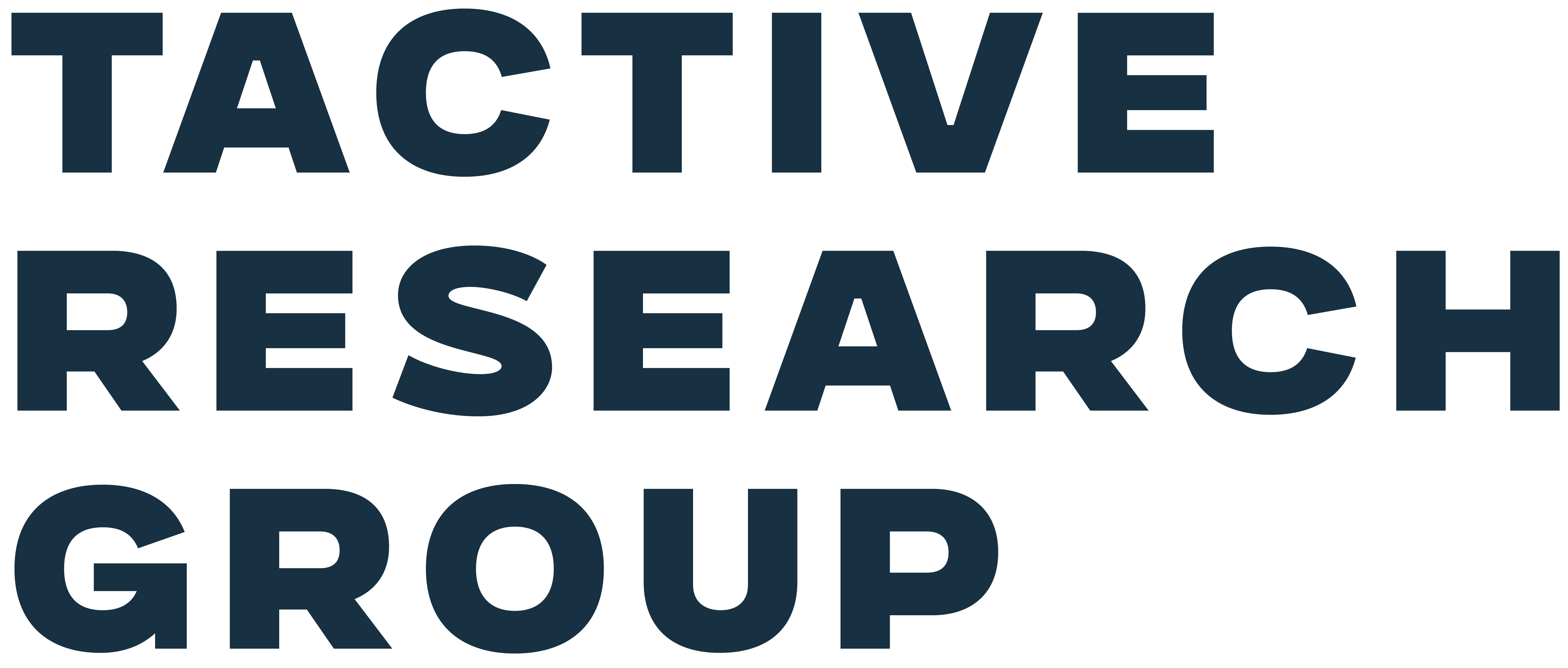The transition from the Payment Card Industry Data Security Standard (PCI DSS) version 3.2.1 to version 4.0 is a significant change for organizations handling cardholder data. As of April 1, 2024, using PCI DSS v4.0 has become mandatory, and previous versions are retired. PCI DSS v4.0 was created to ensure the standard evolves with the changes in the payment card industry as new technologies, threats, and risks emerge. Understanding this new release and how it affects your organization’s payment security protocols and compliance requirements is important. Security leaders aiming to become, or remain, PCI compliant should ensure their teams are informed about the updates and understand their implications.
What is the PCI DSSThe PCI DSS is a global standard that was established in 2004 by the Payment Card Industry – Security Standard Council, a collaboration between major financial institutions like Visa, MasterCard, American …

